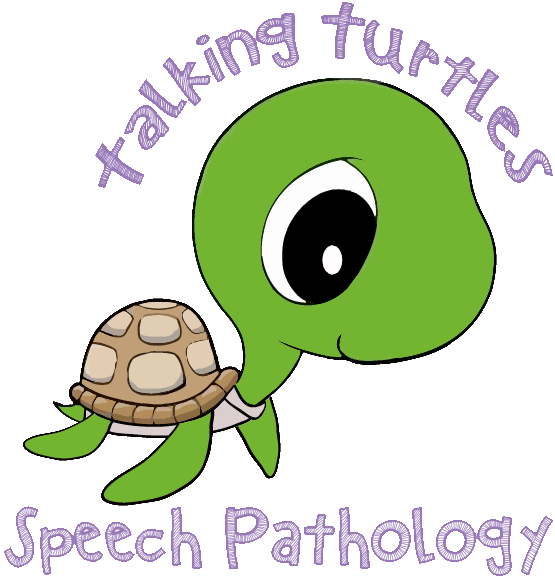‘I can understand my child, why can’t they?’
All children make speech sound errors at some stage of their development. Sound errors are a normal part of development as the child develops tongue strength, coordination and grows structurally. As a Speech Pathologist I am constantly being asked by concerned parents if their child’s speech is “normal”.
Firstly, when I refer to ‘speech’ I am referring to how a child produces the speech sounds which is called ‘articulation’. When I refer to ‘language’ I am referring to the words, grammatical structures and sentence structure the child understands and uses.
Most parents who are concerned about sound errors are unaware of which errors are age appropriate for their child’s developmental level. I hope to provide an easy guide for parents and early year’s teachers explaining what sounds your child should be saying at their age.
What is articulation?
As a parent completing web searchers and looking for information you will come across the term articulation, but what exactly does it mean? Articulation refers to speech sound production. It is the way a sound is made using the mouth, tongue and vocal cords (voice box). Articulation includes all of the coordinated movements which result in speech sounds. Errors in articulation are speech sound errors.
All children have speech errors
Speech or articulation errors are a normal part of speech development. All children will make sound errors as they learn to speak and use language. There are common developmental sound errors which are referred to as phonological processes which children typically grow out of by a particular age such as saying ‘tar’ instead of ‘car’. There are some children who are delayed to ‘grow out of’ these errors or who make atypical errors which are not common errors such as ‘dar’ for ‘car’. It is these atypical errors which make children difficult to understand for unfamiliar listeners.
There are also some children who are unable to produce a particular sound or who make inconsistent errors such as ‘dar’, ‘gar’ and ‘tar’ all for ‘car’. Inconsistent speech errors make a child’s speech difficult to understand for both familiar and unfamiliar listeners.
By the age of 2 years you should be able to understand approximately 50% of your child’s speech.
By the age of 3 years you should be able to understand most of your child’s speech.
If your child is not using speech to communicate with you this may be due to a speech difficulty or it may be due to a language difficulty. In these cases an immediate appointment with a speech pathologist should be made.
Normal Speech Sound Development
75% of Australian children will have the following sounds by the age of;
Causes of Speech Delay or Disorders
For most children with speech disorders there is no obvious reason why they produce sounds incorrectly. For others there is a known cause.
Possible causes include:
structural abnormalities, such as cleft palate or tongue tie
sensory deficit, such as hearing loss of fluid on the ears
‘tongue thrust’
nervous system disorders, such as Childhood Apraxia of Speech and cerebral palsy.
When to seek help
It is very important for all parents to remember that all children develop differently and at their own pace.
When to contact a Speech Pathologist:
If you feel that something is not right
If you think your toddler’s speech is very hard to understand
If others are constantly asking you to translate your toddler’s speech
If your child is using gestures and grunts rather than words to communicate with you
If your child’s speech development is more than 3 months behind that of their peers according to the above table it is recommended that their speech be assessed
If your child is becoming distressed or frustrated by their speech errors seek assistance.
It is important to always remember that what your child is trying to tell you is more important than how they are telling you.
If you are concerned and would like to speak with a Speech Pathologist please contact Talking Turtles Speech Pathology. We would be happy to book you and your child in for an appointment.





